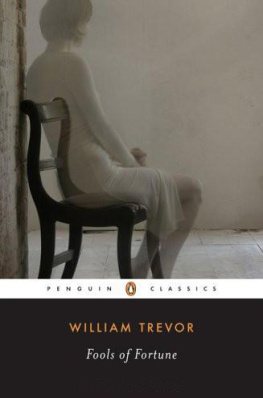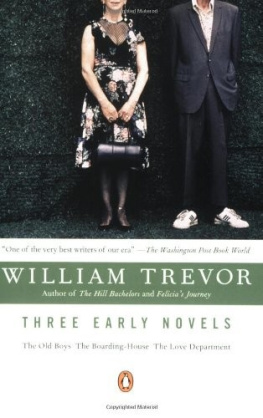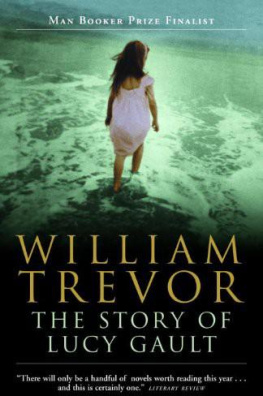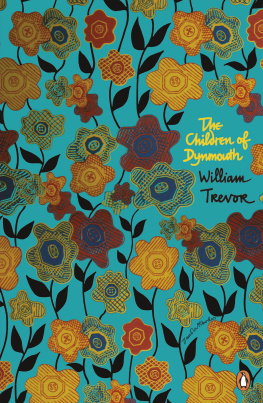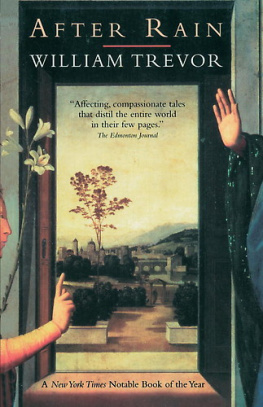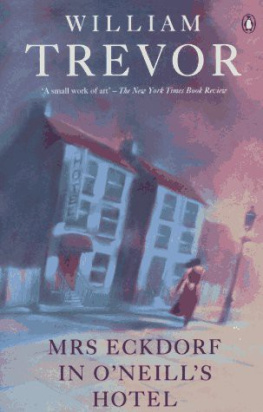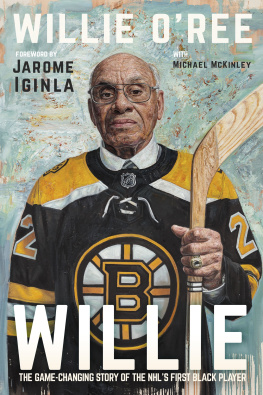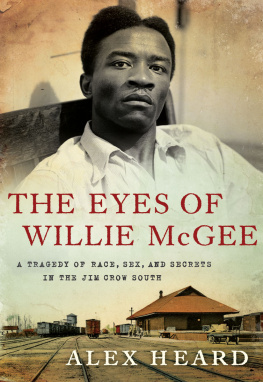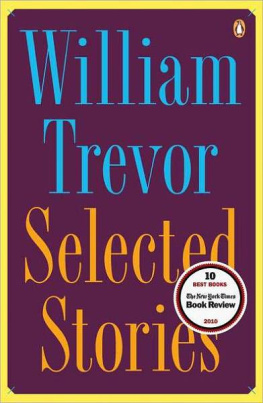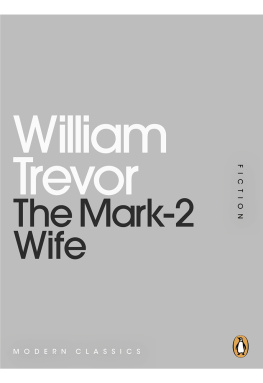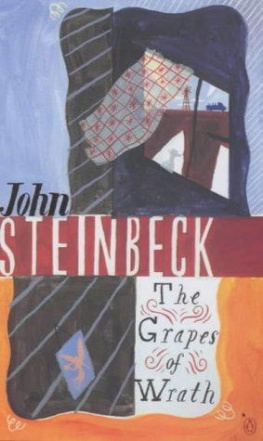PENGUIN BOOKS
FOOLS OF FORTUNE
William Trevor was born in Mitchelstown, Co. Cork, in 1928, and spent his childhood in provincial Ireland. He attended a number of Irish schools and later Trinity College, Dublin. He is a member of the Irish Academy of Letters.
Among his books are The Old Boys (1964), winner of the Hawthornden Prize, The Boarding House (1965), The Love Department (1966), The Day We Got Drunk on Cake (1967), Mrs Eckdorf in ONeills Hotel (1969), Miss Gomez and the Brethren (1971), The Ballroom of Romance (1972), Elizabeth Alone (1973), Angels at the Ritz (1975), winner of the Royal Society of Literature Award, The Children of Dynmouth (1976), winner of the Whitbread Award, Lovers of Their Time (1978), The Distant Past (1979), Other Peoples Worlds (1980), Beyond the Pale (1981), Fools of Fortune (1983), winner of the Whitbread Award, A Writers Ireland (1984), The News from Ireland (1986), The Silence in the Garden (1988), winner of the Yorkshire Post Book of the Year Award, Family Sins (1989) and Two Lives (1991), which was shortlisted for the Sunday Express Book of the Year Award and includes the Booker shortlisted novella Reading Turgenev. He is the editor of The Oxford Book of Irish Short Stories (1989), and has also written many plays for the stage and for radio and television. Several of his television plays have been based on his short stories. Many of his books are published by Penguin, including an omnibus, The Stories of William Trevor, containing five collections of stories. In 1976 William Trevor received the Allied Irish Banks Prize, and in 1977 was awarded an honorary CBE in recognition of his valuable services to literature.
Fools of Fortune won the Whitbread Award for the Best Novel of 1983. It has received considerable critical acclaim: the Daily Telegraph called it a sad book written with wisdom, delicate comedy, and a sweet, beguiling nostalgia for what could have been. And throughout, a sense of gentle, philosophical resignation eases the sadness; Philip Howard in The Times wrote, a beautiful, affectionate and humorous, as well as a terrible story William Trevor at his best; the New Statesman commented, a fine piece of work it communicates something authentic: a sense of melancholy; yet a complicated one, not without hopea view of real people in a real world; Melvyn Bragg in Punch thought it a supremely well achieved and absorbing noveland Molly Keane, author of Good Behaviour , called it a wonderfully moving and important book.
WILLIAM TREVOR
Fools of Fortune
PENGUIN BOOKS
To Jane
and in memory of
my father
PENGUIN BOOKS
Published by the Penguin Group Penguin Books Ltd, 27 Wrights Lane, London W8 5TZ, England Penguin Books USA Inc., 375 Hudson Street, New York, New York 10014, USA Penguin Books Australia Ltd, Ringwood, Victoria, Australia Penguin Books Canada Ltd, 10 Alcorn Avenue, Toronto, Ontario, Canada M4V 3B2 Penguin Books (NZ) Ltd, 182-190 Wairau Road, Auckland 10, New Zealand
Penguin Books Ltd, Registered Offices: Harmondsworth, Middlesex, England
First published by The Bodley Head 1983 Published in Penguin Books 1984 13 15 17 19 20 18 16 14
Copyright William Trevor, 1983 All rights reserved
Printed in England by Clays Ltd, St Ives pic
Except in the United States of America, this book is sold subject to the condition that it shall not, by way of trade or otherwise, be lent, re-sold, hired out, or otherwise circulated without the publishers prior consent in any form of binding or cover other than that in which it is published and without a similar condition including this condition being imposed on the subsequent purchaser
Contents
WILLIE
I
It is 1983. In Dorset the great house at Woodcombe Park bustles with life. In Ireland the more modest Kilneagh is as quiet as a grave.
To inspect the splendours of Woodcombe Park and to stroll about its gardens, visitors pay fifty pence at the turnstiles, children twenty-five. The descendants of the family who built the house at the end of the sixteenth century still occupy it and are determined to sustain it. They do not care for the visitors, the car parks they have had to make, the litter left behind. But naturally they do not say so.
Near by, the small town of Woodcombeto which the family gave their name and where, traditionally, military ribbons and puttees are manufacturedis famous for the delicacy of its mullioned windows. After an inspection of the manor showpiece the visitors like to linger there, consuming in the Copper Kettle and Deborahs Pantry the butter-scones and shortbread for which the town is famous also in 1983. They do not know that nearly a hundred and sixty years ago an Anna Woodcombe, then a girl of seventeen, married an Irishman called William Quinton who took her to live in Go. Cork, in the house called Kilneagh, not far from the village of Lough, not far in turn from the town of Fermoy. They do not know that two generations later an army colonel who was a poor relation of the Woodcombes of Woodcombe Park found himself stationed with his regiment in Fermoy; his daughter, too, married a Quinton and became mistress of Kilneagh. His second daughter married an English curate, a fortunate marriage for the young man, since the Woodcombes of the manor had in their gift the living of the town. This couples only child was brought up in Woodcombe Rectory and later caused history again to repeat itself, as in Anglo-Irish relationships it has a way of doing: she fell in love with a Quinton cousin and became, in time, the third English girl to come and live at Kilneagh.
It is the voices of these cousins that are heard there now. In 1983 no one pays fifty pence to see Kilneagh or to stroll about its gardens. No one points out to tourists that it was the Anna Woodcombe of the nineteenth century who planted the Kilneagh mulberry orchard, remembering the one at Woodcombe Park; or that the name Kilneagh might possibly mean the place of the church, perhaps even a foundation of St Fiach. No one suggests that the family name of Quinton must derive from St Quentin, a name originally of Normandy.
A mile and a half away, the village of Lough is without attractions, its concrete convent dominating the single street, with agricultural machinery displayed next door to it. There are no teashops, only Sweeneys garage and public house, where a cup of tea might possibly be had, and Driscolls all-purpose store, where it would not occur to visitors to linger. The sense of the past, so well preserved in the great house and the town in Dorset, is only to be found in echoes at Kilneagh, in the voices of the cousins.
I wish that somehow you might have shared my childhood, for I would love to remember you in the scarlet drawing-room, so fragrant in summer with the scent of roses, warmed in winter by the wood Tim Paddy gathered. Arithmetic and grammar books were laid out every morning on an oval table, red ink in one glass inkwell, black in the other. In that distant past I didnt even know that you existed.
Agricola , Father Kilgarriff said on the day I began to learn Latin. Now theres a word for you.
On the sides of the brass log-box there were embossed scenes, and the one I liked best was of a farmhouse supper. Men sat around a table while a woman served, one of them reaching behind him to seize her hand. You could tell from the way he had twisted his arm behind him that it was a secret between them. Was the woman another farmers wife? Was this man coveting her, or were they taken in adultery? The brass people were almost faceless because the working of the metal didnt allow for much detail of feature. It was odd that the men wore their old-fashioned caps while having supper.

